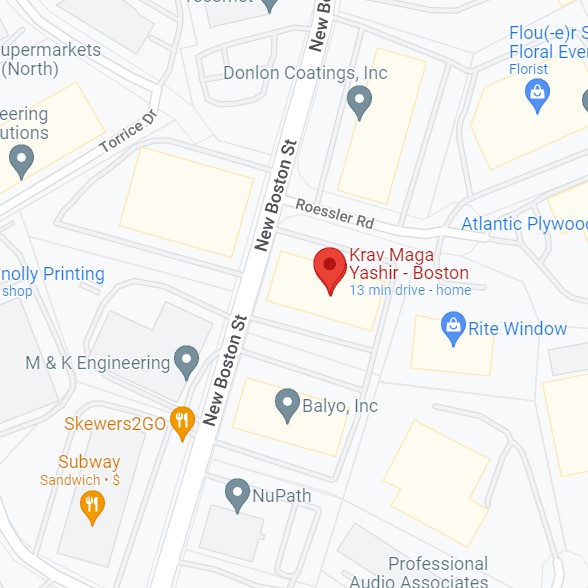About De-escalation & Conflict Resolution
A Brief Synopsis Of The SEPS De-escalation & Conflict Resolution Module
Not all violence is committed by predatory individuals who have planned and orchestrated their attacks. Sometimes something you will have done or said, will cause a person to become aggressive towards you e.g. you may have cut them off in a line, spilt a drink over them, or inadvertently taken a parking space they believed was theirs etc. Maybe, you didn’t actually do any of these things, but your aggressor believes that you did, and that’s enough for them to direct their anger at you. You may believe that whatever you did – or didn’t do – isn’t enough to justify that level of aggression, however you don’t know what this person’s day has been like up to this point, and it could be that your action/behavior was the straw that broke the camel’s back.
Many people confuse de-escalation and conflict resolution, or see them as one and the same thing. De-escalation is the process of reducing the emotion in the situation, so that the person who is angry, and believes that they have had a wrong committed against them, can consider alternative solutions to the incident other than violence thus resolving the conflict. Unfortunately, too many people try to resolve the conflict whilst the aggressor is still highly emotional and not able to think rationally, where they will often feel that the person offering the resolution is being patronizing, taken their complaint lightly or even ignoring the real reason behind their anger – all things that will escalate rather than de-escalate the situation.
Knowing what to say – and not what to say – is an important part of the de-escalation process e.g. telling somebody to stop shouting, to calm down etc. will only add fuel to the fire. Knowing the correct body language to use so that you don’t appear either dismissive or as a threat, is also extremely important. Perhaps the most vital, and hardest, part of the de-escalation is putting your ego in check, and recognizing that you can be right or you can be effective, but rarely both at the same time. It is also important to recognize the value of the dispute to the other party; what may seem insignificant to you, may be extremely important to them; especially if they are working to an alternate reality to yours.
The idea that others can have alternate realities to ours, is something that many people find difficult to grasp when dealing with an aggressive individual, however it is a key concept when attempting to de-escalate an aggressive and potentially violent incident e.g. if you are working for the premise that chairs in a pub or bar are allocated on a first come, first served basis, you will have a difficult time trying to convince someone that this is the rule, when they’ve sat in a particular seat for the past thirty years – their reality is different to yours, and it matters little to them, how “right” you believe you are. Being able to see things from the other person’s perspective, is necessary if you want to be able to resolve the conflict in a non-physical manner.
If you would like to learn more about de-escalation and conflict resolution, please click here. If after reading/learning more about de-escalation and conflict resolution, you want to learn some physical solutions to dealing with violence, you can attend one of our free women's self-defense classes/seminars using the booking form below.
After submitting this form you will receive an email with a link to our PARQ (Physical Activity Readiness Questionairre) form, where you can also provide details of an emergency contact etc. If you are 15 or over, but under 18, your legal guardian will need to fill out one for you (a link will be provided in your confirmation email). If you want to fill either of these forms out before you book your class you can do so be clicking the following links 18+ Form,U18 Form.
Location
SEPS Women's Self-Defense Boston, is located, at the following address, just North of Boston off of I-93 North (exit 30) and I-95 South (exit 54).


 WOMEN'S SELF-DEFENSE BOSTON
WOMEN'S SELF-DEFENSE BOSTON